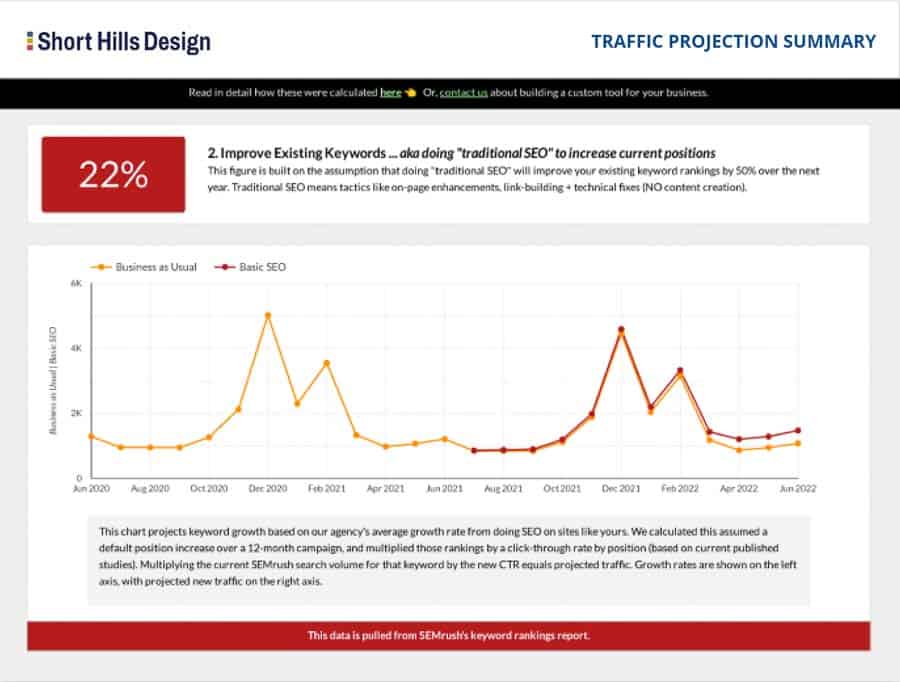
One of the most challenging aspects of running the digital marketing end of a healthcare practice is the fact that you treat patients from outside you immediate area, yet Google doesn't seem to always "understand" that.
The zip code for Short Hills, NJ is 07078, and one of the zip codes for the neighboring town, Millburn, NJ is 07039. If this were a large rural area, this separation would be no issue for search engines - Short Hills is a different town than Millburn, and doctors in Short Hills don't need to reach out to patients in Millburn. As clear as this situation may sound, the truth of the matter is much more complicated. The problem in this case, and in many other cases with our healthcare clients is that our doctor can throw a baseball from his office in Short Hills that will easily reach Millburn.
You may smile and figure that our client must be Superman to throw a ball that far, but alas, he is not. He is simply a doctor in a heavily-populated area of the suburbs, where towns are so close to each other and have multiple zip codes, that the dividing lines of the zip codes, aren't the dividing lines of where patients travel to see him as their provider.
Regardless of whether or not your office is in a town that's 2 miles from the next town over or 20 miles from the next town over, focus your website on the town where your practice is located. Our doctor might be tempted to try to talk about Millburn in his website content as well as Short Hills, and that would make sense.
The good news - because our client's office is located in Short Hills, NJ, Google will rank his site highly for searches that come from people in Short Hills. The bad news - even though our client wants to rank for Millburn as well to reach potential patients from Millburn, Google is going to prefer the doctors who have mailing addresses in Millburn over our client.
And therein lies the problem. As consumers we know that our customers aren't limited only to those people in a 2-mile radius, or within our specific zip code - but Google doesn't know that -- yet. Fortunately there is a way to help try to solve this location problem, and we're going to discuss it in an upcoming article.
Hint: it involves local SEO. Stay tuned!

